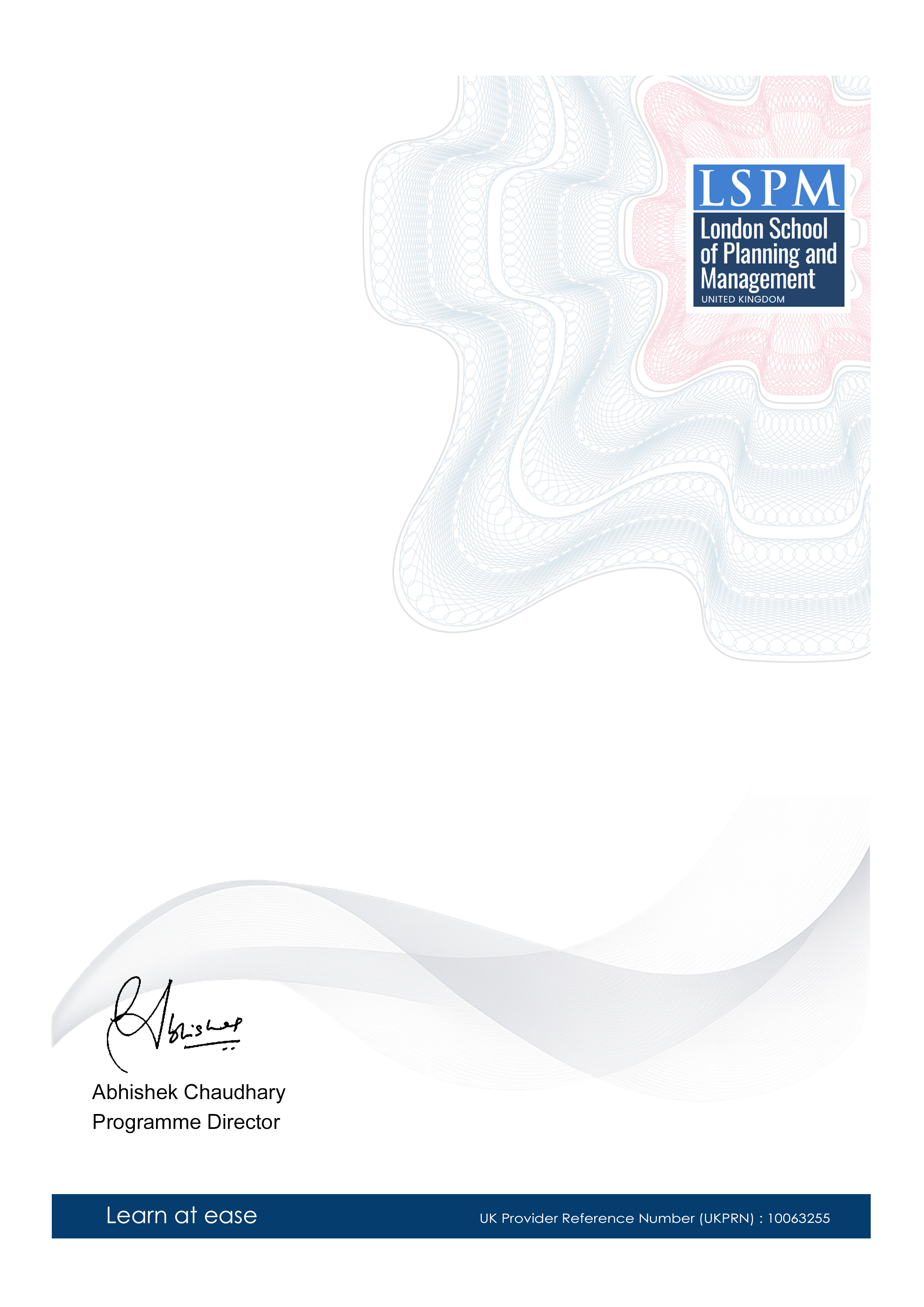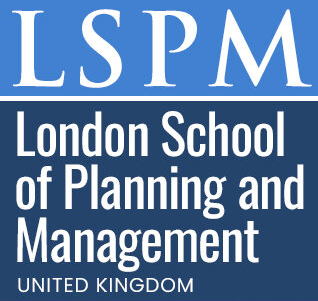Career Advancement Programme in Protein Folding Interactions
-- viewing nowThe Career Advancement Programme in Protein Folding Interactions certificate course is a comprehensive program designed to provide learners with essential skills in protein folding and interactions. This course covers the latest research, techniques, and tools used in protein folding, offering learners a unique opportunity to expand their knowledge and expertise in this critical area of biochemistry and molecular biology.
3,163+
Students enrolled
GBP £ 149
GBP £ 215
Save 44% with our special offer
About this course
100% online
Learn from anywhere
Shareable certificate
Add to your LinkedIn profile
2 months to complete
at 2-3 hours a week
Start anytime
No waiting period
Course details
• Introduction to Protein Folding Interactions: Defining protein folding, its importance, and the role of interactions in the process. • Protein Structure and Conformation: Examining the different levels of protein structure and the impact of folding on conformation. • Forces Driving Protein Folding: Analyzing the physical and chemical forces that influence protein folding, such as hydrogen bonds, van der Waals forces, and hydrophobic effects. • Protein Folding Pathways: Understanding the mechanisms and stages of protein folding, including the nucleation-condensation model and the hydrophobic collapse model. • Molecular Chaperones and Protein Folding: Investigating the role of molecular chaperones in assisting protein folding, preventing aggregation, and facilitating protein trafficking. • Protein Misfolding and Diseases: Identifying the link between protein misfolding and various diseases, including Alzheimer's, Parkinson's, and Huntington's diseases. • Computational Approaches to Protein Folding: Exploring algorithms, simulations, and software used to predict protein folding, such as molecular dynamics, Monte Carlo methods, and homology modeling. • Experimental Techniques in Protein Folding: Learning about experimental methods used to study protein folding, such as circular dichroism, nuclear magnetic resonance, and X-ray crystallography. • Strategies for Protein Folding Engineering: Developing techniques and methods for manipulating protein folding interactions to create desired protein structures and functions.
Career path
Entry requirements
- Basic understanding of the subject matter
- Proficiency in English language
- Computer and internet access
- Basic computer skills
- Dedication to complete the course
No prior formal qualifications required. Course designed for accessibility.
Course status
This course provides practical knowledge and skills for professional development. It is:
- Not accredited by a recognized body
- Not regulated by an authorized institution
- Complementary to formal qualifications
You'll receive a certificate of completion upon successfully finishing the course.
Why people choose us for their career
Loading reviews...
Frequently Asked Questions
Course fee
- 3-4 hours per week
- Early certificate delivery
- Open enrollment - start anytime
- 2-3 hours per week
- Regular certificate delivery
- Open enrollment - start anytime
- Full course access
- Digital certificate
- Course materials
Get course information
Earn a career certificate

